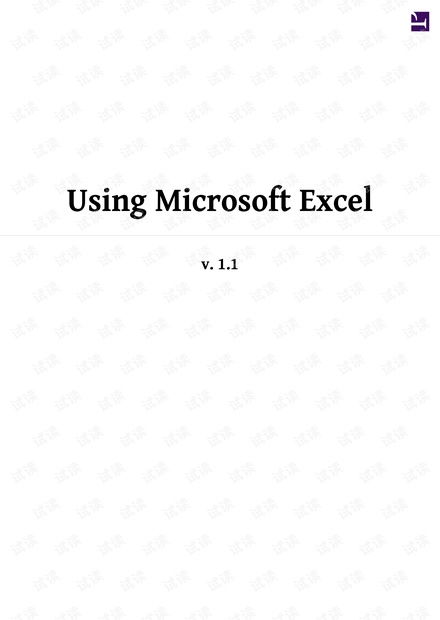How to Use Your Property to Make Money
Property ownership can be a lucrative venture if you know how to leverage it effectively. Whether you have a house, a piece of land, or a commercial space, there are numerous ways to generate income. Let’s explore some of the most popular methods to help you make the most out of your property.
1. Renting Out Your Property

One of the most straightforward ways to make money from your property is by renting it out. This can be done in several ways:
-
Residential Rental: If you have a house or an apartment, consider renting it out to tenants. You can either rent it out on a long-term basis or offer short-term rentals through platforms like Airbnb.
-
Commercial Rental: If you have a commercial space, you can lease it to businesses. This could be a retail store, office space, or even a restaurant.
-
Room Rental: If you have extra rooms in your house, consider renting them out to students or young professionals.
When renting out your property, it’s essential to ensure that it is well-maintained and in good condition. This will help you attract tenants and maintain a good rental income.
2. Property Flipping

Property flipping involves buying a property, renovating it, and then selling it at a higher price. This can be a lucrative venture, but it requires careful planning and a significant amount of capital.
Here are some steps to consider when flipping a property:
-
Research the market: Identify areas with high demand and potential for growth.
-
Find a property: Look for properties that need renovation but have the potential to be sold at a higher price.
-
Renovate the property: Invest in necessary repairs and upgrades to increase its value.
-
Sell the property: List the property for sale and find a buyer willing to pay the increased price.
Property flipping can be risky, so it’s crucial to do thorough research and have a solid plan in place.
3. Property Management

Property management involves taking care of the day-to-day operations of a property, such as rent collection, maintenance, and tenant relations. If you have multiple properties or don’t have the time to manage them yourself, hiring a property manager can be a wise decision.
Here are some benefits of property management:
-
Increased rental income: A property manager can help you maximize your rental income by finding the right tenants and negotiating favorable lease terms.
-
Reduced stress: Managing properties can be time-consuming and stressful. A property manager can take care of the day-to-day operations, allowing you to focus on other aspects of your life.
-
Professional expertise: Property managers have the knowledge and experience to handle various property-related issues, ensuring that your properties are well-maintained and profitable.
4. Property Investment Trusts
Property investment trusts (REITs) are companies that own or finance income-producing real estate across a range of property sectors. By investing in a REIT, you can gain exposure to the real estate market without owning physical property.
Here are some benefits of investing in REITs:
-
Dividends: REITs are required to distribute at least 90% of their taxable income to shareholders in the form of dividends.
-
Low correlation with stocks: REITs tend to have a low correlation with the stock market, making them a good diversification tool.
-
Access to a wide range of properties: REITs can invest in various types of real estate, including residential, commercial, and industrial properties.
5. Property Development
Property development involves acquiring land, improving it, and selling or renting it out. This can be a highly lucrative venture, but it requires significant capital, expertise, and risk tolerance.
Here are some steps to consider when developing property:
-
Identify a property: Look for land or properties with potential for development, such as areas with high demand or undeveloped land.
-
Plan the


